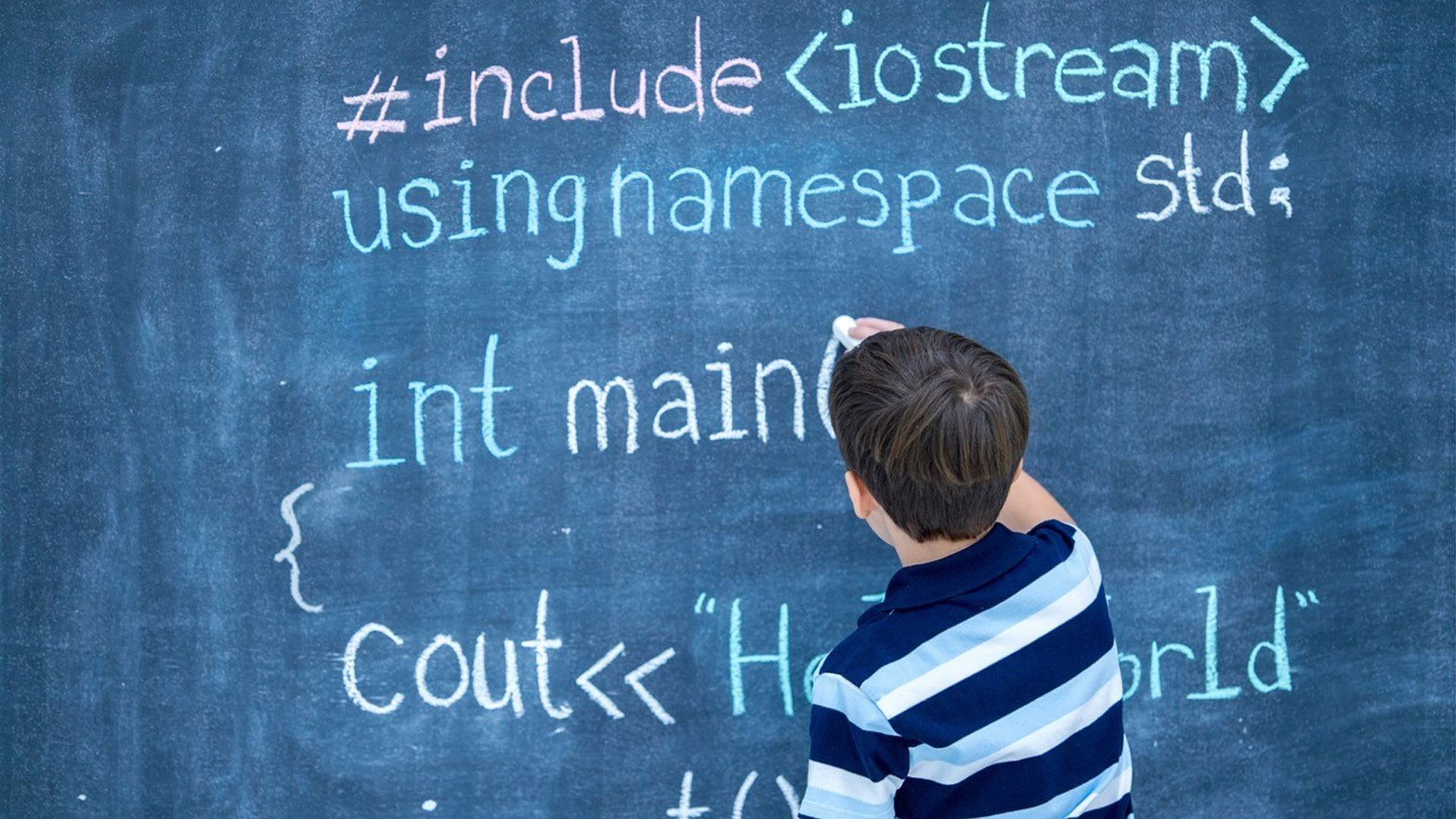Online personas crafted by parents can hinder a child’s identity development.
KEY POINTS
- Sharenting, even with the best intentions, can violate a child’s privacy and disclose personal information.
- Social media providers have the right to use all content you post to target ads and train algorithms.
- Sharenting creates a public image that may conflict with a teen’s self-image and hinder identity development.
The holiday season is in full swing. Parties and family gatherings mean lots of Instagram photo ops. It’s easy to get swept up in the fun, but here’s a reminder: put down the eggnog and take a breath before you post. It’s normal to want to share experiences with others. It bonds people together and increases the ability to savor and appreciate memories and special moments. But family gatherings also include kids. While sharenting — sharing kids’ news and images publicly on social media — has become a social norm, we should ask: Is sharing family photos on social media a smart thing to do?
There’s a big difference between photo albums on the coffee table and broadcasting images on social media. Adults can judge their own risk. However, kids do not have the maturity to understand the longer-term ramifications of having their image shared publicly, and sharing violates your kids’ privacy, exposes them to safety risks, and can detrimentally impact their identity development.
You are not alone if you think posting your kids’ images on social media is just a normal thing to do. A frightening 73% of parents admit to sharing images of their kids on social media, and very few worry about potential implications. However, it is estimated that the average child has their picture shared 1,300 times by age 13. Sharing without consent can do more than violate their privacy, even for adults. It can have serious consequences personally, professionally, and socially. Many jobs have been lost, trust has been broken, and college applications have been denied due to unfortunate photos posted on social media. The potential fallout for young kids can be even greater.
Four Things to Know About Sharenting
1. Privacy Settings Do Not Ensure Privacy
Even if you think you are taking safety precautions by making your social media accounts private, pictures of your kids can still end up in the public domain. What starts as an innocent post can, through the clicks and shares of others, become a piece of public content.
2. Your Images Belong to Mark Zuckerberg
When you signed up to use their platform or app, you gave Snap and Meta the nonexclusive right to use your data. This includes your child’s image and information. Meta monetizes data by using it to program advertising and train algorithms, including facial recognition.
3. You May Be Exposing Your Child to Bullies and Identity Theft
Posting your kids’ images online is not risk-free. Photos increase the chance of bullying, stalking, and other predatory behaviors. Cute pictures become ammunition for bullies. For a bad actor, connecting a child to a parent’s social media account can be an easy way to determine location, and innocent family pictures can signal when you are not home, increasing the risk of things like home robberies or, although rare, kidnapping. Pictures from school events, like sports, can reveal the name of the school (like on a team jersey), creating a geographic marker that can be used to track location.
Identity theft, stealing personal identifying information to commit fraud, can happen to children. Javen Research estimated that 1.25 million children were victims of identity fraud in 2020 (Kitten, 2022), with the potential for significant emotional and financial burden on a family.
4. You May Be Stunting Your Child’s Identity Development
When we think of identity theft, we think of credit cards or false IDs. However, there is another kind of identity theft. We all have a psychological or personal identity, a combination of our internal and external selves, made up of our self-esteem and social identity. Building an independent identity is the primary developmental adolescence. It is a combination of our sense of uniqueness and the ways in which we feel similar to others. The process of self-discovery contributes to self-esteem by affirming a sense of personal worth and competence. Social identity enables us to feel a sense of belonging. Positive self-esteem and a sense of belonging are critical to well-being.
When you engage in sharenting, you pick things that matter to you, not to your kids. Some parents begin posting right from the first ultrasound image, often sharing personal information such as health issues or educational challenges. But while these images feature the child, they tend to reflect the parent’s representation of themselves (Holiday et al., 2022). It is part of growing up to have the relationship change between parents and kids, but it’s harder when it has been defined online.
Enthusiastic sharenting crafts kids’ public selves from the parents’ eyes. Excessively sharented kids can have a harder time building their internal sense of self because they feel constrained by the public persona that already exists, created without their help. This is problematic because online images are permanent and searchable. Teens can feel conflicted, angry, or frustrated when parents project an image of their childhood that doesn’t align with how they want to be seen online, yet have little recourse to change (Walrave et al., 2022).
The breadth of reach of sharing online is hard to visualize, even for adults. But it’s impossible for young kids, who have no idea of how networks work, what “public” means, or what it means to have their image seen by strangers. Kids may think it’s fun to see their picture online, but they also may become prematurely preoccupied with “Likes” as a sense of worth, a way to make mom happy, or not knowing how to handle negative comments from strangers.
What Can You Do? Set Some Ground Rules
Start by thinking through your own perspective so you, your partner, and other immediate family members are on the same page and have a united front at holiday gatherings. They are your kids, and it is your choice. The important thing is to consider the risks and decide intentionally, not accidentally or on a whim.
At family gatherings, you can check in with the known shutterbugs. Many people have not thought about how their posts could impact you or your kids. Then simply own it—”I’m not comfortable sharing pictures on social media, especially of my kids. Please make sure you don’t share any photos that include my family online.” You don’t have to give your reasons if you don’t want to, but you do need to be clear about what you’re asking. “Take all the pictures you want, but just make sure my kids aren’t in the ones you post online.”
People who are avid social media users may want to dismiss your concerns as silly or overprotective. Acknowledge that many people think that posting pictures of others online without permission is okay. It’s not. When you post someone else’s image, you are taking the decision away from them.
Decide What’s Right For You
Social media adoption happened very quickly, and we all jumped into the deep end before anyone understood the potential downsides. Everyone has a different comfort level with sharing personal images online, including those of their family. Some people may be inclined to dismiss the potential downsides because they enjoy getting feedback from friends and strangers.
Kids’ worlds are a continuum from offline to online, and a lot of healthy identity development happens online. A couple of holiday photos may not be a problem. However, the popularity of sharenting means many kids are bumping up against pre-built identities. Being a tween or teen is hard enough without having to live down embarrassing photos. Take this holiday to review your sharenting policies. Not respecting kids’ privacy can seriously damage trust and break down parent-child relationships at a time when kids, despite what they say, most need the lines of communication to stay open.
Want to keep up with Dr. Pam Rutledge? Sign up for her newsletter: https://drpam.substack.com.
This article also appeared on PsychologyToday.com.
References
Holiday, S., Norman, M. S., & Densley, R. L. (2022). Sharenting and the extended self: Self-representation in parents’ Instagram presentations of their children. Popular Communication, 20(1), 1-15. https://doi.org/10.1080/15405702.2020.1744610
Kitten, T. (2022). Child identity fraud: The perils of too many screens and social media. Javelin Strategy. https://javelinstrategy.com/whitepapers/child-identity-fraud-perils-too-many-screens-and-social-media
Walrave, M., Verswijvel, K., Ouvrein, G., Staes, L., Hallam, L., & Hardies, K. (2022). The limits of sharenting: Exploring parents’ and adolescents’ sharenting boundaries through the lens of communication privacy management theory [Original Research]. Frontiers in Education, 7. https://doi.org/10.3389/feduc.2022.803393
Join Over 7,500 Fielding Alumni Located Around The World!
Change the world. Start with yours.™






Get Social